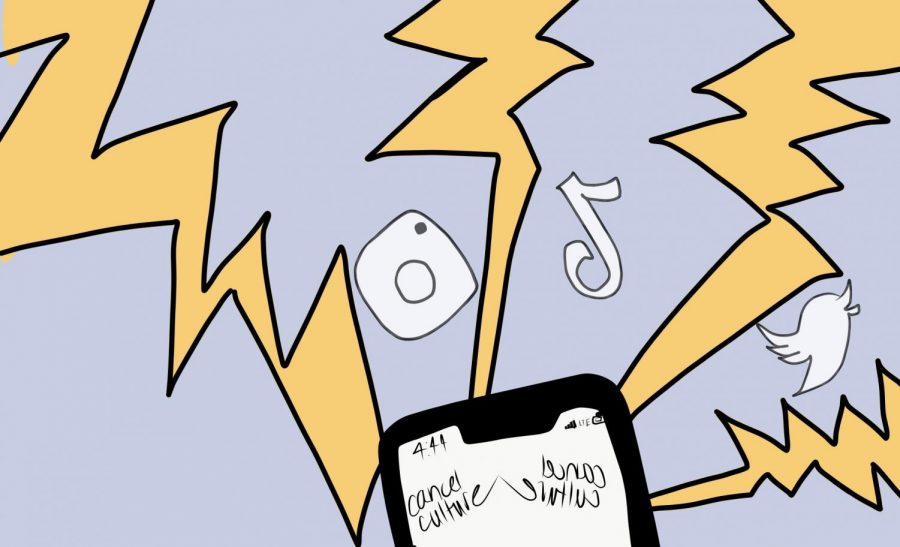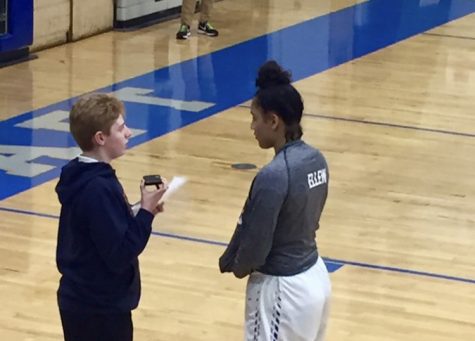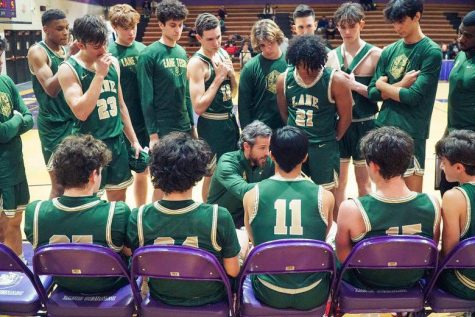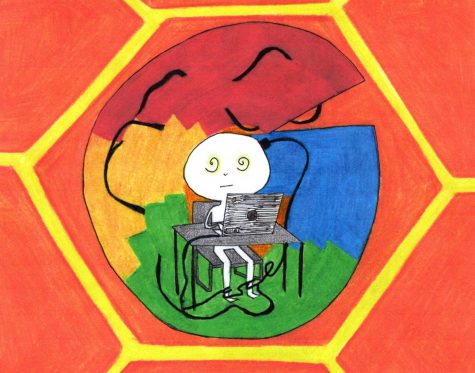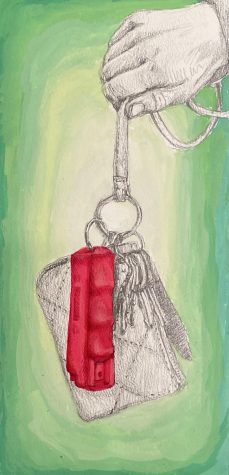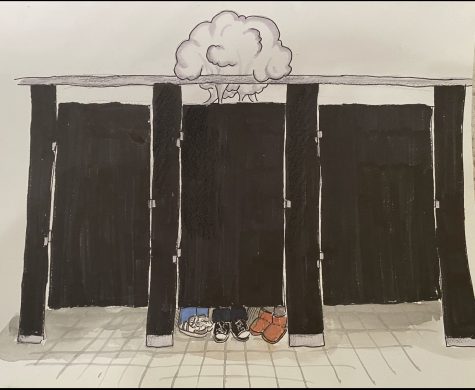The cancel culture paradox
November 11, 2020
As student activism through social media becomes a more widespread topic on the Internet, this concept of “cancel culture” emerges where people on social media find offensive statements made by celebrities or influencers and ask these people to apologize for their offensive remarks. While it’s important to hold prominent public figures accountable for their mistakes, there comes a time where stubborn attacks and refusing apologies becomes counterproductive. At its root, cancel culture holds a strong message of accountability, but the execution of said accountability becomes problematic itself, bringing the cancel culture paradox.
In more detail, cancel culture exists primarily on TikTok and Twitter, where pictures or videos resurface the Internet of an influencer or celebrity saying offensive things, most commonly the n-word. The audience that surrounds cancel culture is usually teenagers who are trying to hold other teenage influencers accountable for their mistakes by asking for an apology or some sort of statement where this said influencer addresses their mistakes.
An example of cancel culture would be when Tik-Toker Chase Hudson, “Lil Huddy,” had a video of him saying the n-word spread all over social media.
When this video was released, it was reposted on Twitter, Instagram, and TikTok. People on social media began calling him “Wakandan King.” Because he is white, it was a way of mocking him for using a racial slur. Shortly after, he released an apology video that was deemed insincere; people felt that he didn’t seem sorry and that he was only apologizing because he got caught using a slur. People on social media took this as a cue to continue spamming his comment sections on his different social media accounts.
It would be a different situation if the comments were just trying to get his attention so that he can apologize, but people began commenting on his appearance by body-shaming him, which had absolutely nothing to do with the situation at hand. At that point, people online were just looking to entertain themselves and others.
I think that it goes without saying that body-shaming isn’t the appropriate response when an influencer does wrong by their audience. While accountability is important, there comes a point where demanding it goes from spamming comments to making jokes for everyone else to laugh at. This incident of asking an influencer to take accountability for their past and then joking about a racist scandal is not particular to Hudson; it sometimes feels like it happens at least once a month, each time with a different celebrity.
When cancel culture becomes counterproductive and is reduced to a trend, it loses its meaning because the situation at hand is being downplayed. The same audience trying to hold these influencers accountable should be the same audience trying to help educate themselves as best they can. If they aren’t doing that, cancel culture has failed its purpose and has become performative.
While it’s not an excuse for their ignorant behaviors, it puts into perspective that the Internet is canceling a bunch of teenagers. When someone is brought into this world of Internet fame one day and is canceled the next, I’d imagine it’d take a toll on their mental health. Thinking about the person that I am now and the person I was six months ago, I see two completely different human beings. So when an influencer is caught in a scandal that pertains to ignorant behavior that happened years ago, I believe that change and growth are possible as long as it’s been shown.
From social media to the very walls of Lane Tech, cancel culture has found its way here. In early October, the administration created a Black Lives Matter slideshow presentation that students felt did not properly address racism in and out of Lane. This incident gained more traction on social media to students in Chicago rather than go viral on different social media platforms. Because of this, the criticism kept the message of accountability that’s made administration work with students, which I believe has been effective so far.
There seems to be this power dynamic of a certain group on people on the Internet where they know they can cancel people, and that is the main issue. Being canceled loses its meaning because it’s reduced to a trend, and the influencers being canceled don’t take their mistakes seriously because of this. If you are going to go online and attempt to cancel someone before trying to educate them, make sure it’s something that you would call your friends out. Otherwise, it’s hypocritical and performative.

